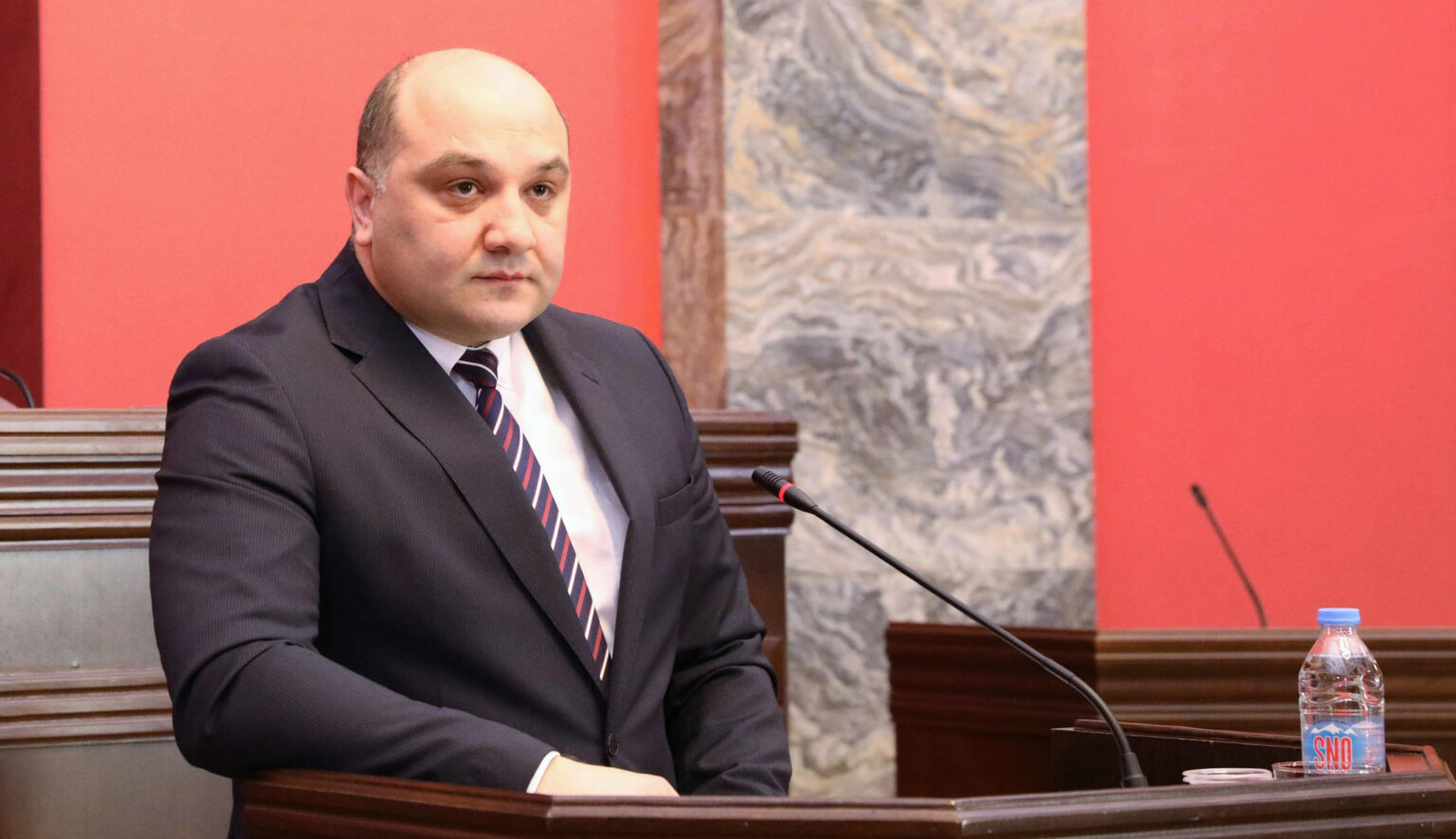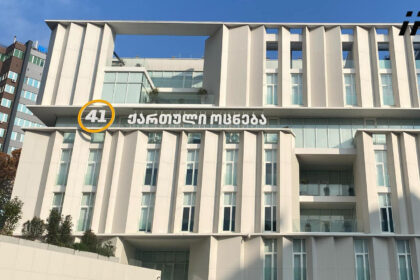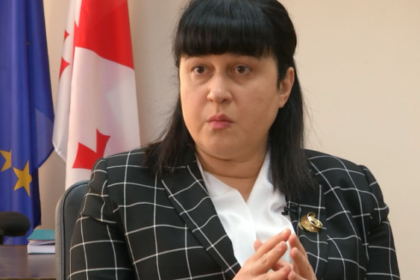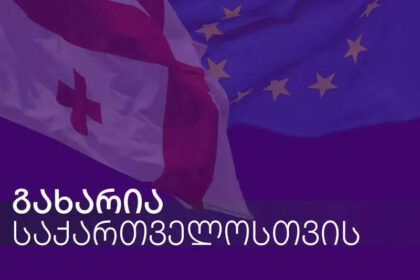**Georgia Grapples with Large Number of Undocumented Migrants**
According to Deputy Minister of Internal Affairs Aleksandre Darakhvelidze, the country is facing a significant problem with undocumented migrants. Estimates suggest that between 20,000 and 25,000 foreign nationals are living in Georgia without proper registration or documentation.
This issue has been complicated by the lack of a unified registration system, making it difficult for authorities to keep track of who is present in the country. As a result, many migrants have gone unregistered, leading to concerns about their status and potential impact on society.
At a joint session of three parliamentary committees, Darakhvelidze presented legislative amendments aimed at addressing this issue. The proposed changes are designed to improve the management of foreign citizens and migrants, including those who are seeking asylum or holding residence permits.
**Commentary**
The situation in Georgia highlights the complexities of immigration policies and the need for effective registration systems. With an estimated 20,000-25,000 undocumented migrants present in the country, it is clear that this issue requires urgent attention.
The proposed legislative amendments are a step in the right direction, aiming to bring order to the system and ensure that foreign nationals are properly registered and accounted for. However, more needs to be done to address the root causes of irregular migration and provide support to those who are genuinely seeking asylum or economic opportunities.
**Analysis**
This issue has implications not only for Georgia but also for the broader region. As the country seeks to strengthen its ties with Europe and implement EU-inspired policies, it must also grapple with the challenges of managing a diverse population.
The lack of a unified registration system is a symptom of deeper structural issues within the government’s administrative apparatus. To effectively address this problem, Georgia needs to invest in modernizing its institutions and implementing more effective governance practices.
Furthermore, the presence of undocumented migrants raises questions about integration, human rights, and social cohesion. Addressing these concerns will require a comprehensive approach that involves not only legislative changes but also community engagement and inclusive policies.
**The Way Forward**
As Georgia moves forward with its proposed amendments, it is essential to prioritize transparency, inclusivity, and effective governance practices. By doing so, the country can create a more just and equitable society for all, regardless of their nationality or immigration status.
In the long run, this will require sustained efforts from government agencies, civil society organizations, and individual citizens to work together towards a common goal: building a fairer, more inclusive society where everyone has access to opportunities and protections.












